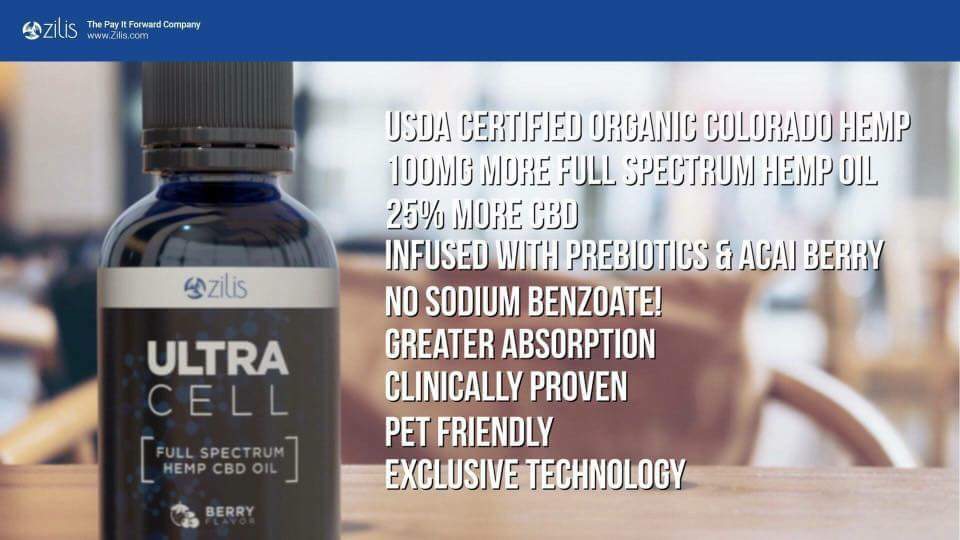Full Spectrum Hemp Oil Blog
Hemp and Full Spectrum Hemp Oil have been used for health benefits for over 3500 years. With THOUSANDS of studies showing us the proven health benefits of this amazing plant, we still learn more each and ever day. This blog is intended to help us all understand where this movement is going and how we are receiving amazing health benefits, with no side affects only side benefits. Full Spectrum Hemp Oil is way more than just CBD. It is the wholeness of the plant that sets us apart!
↓↓↓ Check out the Blog Posts Below ↓↓↓
↓↓↓ Check out the Blog Posts Below ↓↓↓



 RSS Feed
RSS Feed
